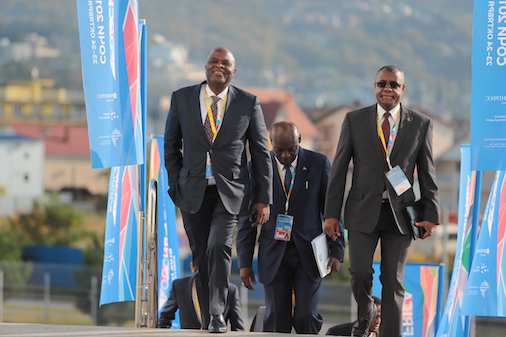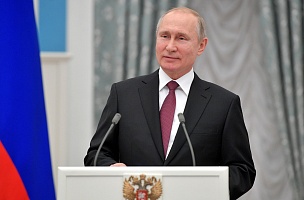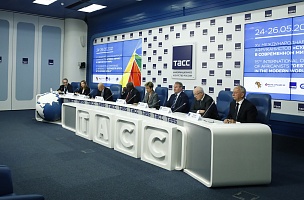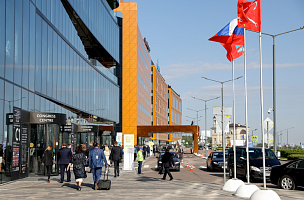On 18 November 2020 the Scientific Council (SC) under the Secretariat of the Russia—Africa Partnership Forum held its first meetings. Irina Abramova, Head of the SC, Director, Institute for African Studies of the Russian Academy of Sciences, Corresponding Member, Russian Academy of Sciences, chaired the meeting with 12 of 15 members attending.
In the course of her speech, Irina Abramova outlined the priorities of the SC’s activities, which included the following: scientific substantiation of Russia’s policy on the African continent in cooperation with government authorities providing assistance to economic operators; deepening and expanding Russian-African scientific cooperation; development of educational cooperation; popularization of the African continent and Africanism.
Additionally, the SC will take part in the preparations for the upcoming Russia — Africa Summit and Economic Forum.
Irina Abramova mentioned such areas as agriculture, medicine, education, infrastructure and communications (including transport and ICT), environmental protection, and human capital as most promising for Russian-African cooperation.
During the presentations and discussions the participants of the meeting repeatedly emphasized the following points: the expediency of establishing a think tank under the auspices of the Council (with the most active participation of the Institute of Africa of the Russian Academy of Sciences and the Roscongress Foundation); the think tank will take part in shaping the agenda for relations with the African continent; the fundamental importance of Russian graduates in maintaining and strengthening Russian-African relations, particularly in the area of industrial and humanitarian cooperation; the relevance of cooperation in combating various illnesses, primarily infectious and viral diseases prevalent in the African states; the need to strengthen the relationships between Russia and Africa; the significant potential for cooperation in the field of agriculture (breeding, seed production and animal husbandry); the need to popularize the research of African specialists in Russia; the creation of a register of Russian and African structures interested in cooperation using the information resources of the Institute of Africa of the Russian Academy of Sciences; as well as the interfacing of interests of the EAEC and African states.
In the materials sent to the Secretariat of the SC, Grigory Velikykh, Deputy CEO for Expert and Analytical Work of the Roscongress Foundation, noted the expediency of creating a brain trust under the auspices of the Council, designed to form an agenda for relations with the African continent. According to the Council member, the leading role could be played by the Institute of Africa of the Russian Academy of Sciences, while the Roscongress Foundation will provide all possible assistance, including support in attracting potential partners from Russian and foreign business structures. In addition, Grigory Velikykh suggested developing a unique analytical product, such as a rating of political/economic stability of the continent’s countries, as well preparing and issuing a regular information digest (The Roscongress Foundation is ready to participate in its development and promotion). The Council member also noted the importance of involving the expert and business communities of the post-Soviet countries in the work of the SC and the relevance of interfacing the interests of the EAEC and the African continent.
Members of the Councils offered important comments, such as: the relevance of holding a joint event with the authorities to ‘synchronize watches’ and to develop common proposals for deepening Russian-African cooperation; the need to provide Africans with the opportunity to participate in volunteer activities; give African graduates of Russian universities a chance to apply for internships in major Russian companies operating in the African sector; the need to develop new areas of cooperation while maintaining ongoing projects, particularly on the humanitarian field (for example, support for the Joint Russian-Ethiopian Biological Expedition of the Russian Academy of Sciences); the expediency of wider coverage of events taking place in Africa and the prospects for Russian-African relations.
In her closing speech, Irina Abramova suggested that the members of the SC should forward their thoughts on the content of the programme and organization of the work of the Council to the Secretariat.






